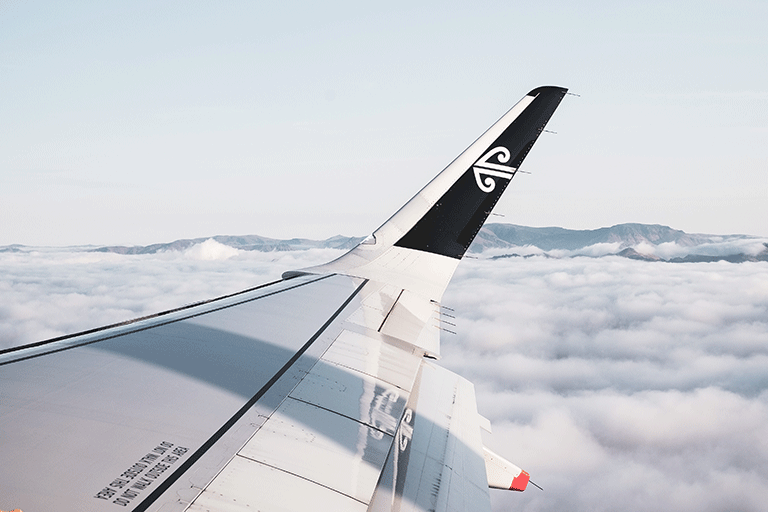New Zealand’s national carrier believes this is the first time an airline has made a global call out of this nature.
Sustainable aviation fuel (SAF) is made from a variety of sources – often waste – such as waste oil and fats, green waste and non-food crops.
According to the International Air Transport Association (IATA), sustainable aviation fuel can reduce the carbon emissions of a flight by up to 80 per cent and could be responsible for 65 per cent of emissions reductions in the aviation industry by the time the sector reaches net zero – a target set for 2050.
SAF is already in use in commercial aircraft today, mixed with traditional jet fuel. However, no SAF is currently being produced in New Zealand and various barriers exist to establishing SAF production in New Zealand, which would, in turn, make sustainable fuel a better cost competitor to traditional jet fuel.
Once SAF becomes more widely available and used, it will result in a vast reduction in the carbon footprint of business events, with emissions coming from the air transport of staff, guest speakers, delegates and any freight to move equipment or supplies for an event lowering significantly.
Earlier this month Air New Zealand put out an opportunity statement detailing the airline’s SAF requirements. It is hoped that the statement will start conversations and identify new opportunities with businesses capable of producing SAF, including startups and innovators.
“Air New Zealand plays an essential role in connecting New Zealand’s people, tourism, and trade to the world, but we must find a way to do this more sustainably and as quickly as we can,” said Air New Zealand’s chief sustainability officer, Kiri Hannifin.
“A stable supply of SAF is critical to our ability to reduce carbon emissions and continue to play this role for the long term.
“That’s why we’ve taken this novel approach, asking emerging SAF producers from around the world to connect with us and respond to the opportunity statement.
“Air New Zealand is an ideal airline partner for SAF innovators and producers. We have a mature understanding of SAF, a clear roadmap to meet our targets, and the volumes of SAF we need to align with current production capabilities.
“Our airline is known for pushing boundaries and challenging ourselves to think differently, and we’re also deeply committed to meeting our decarbonisation goals. This opportunity statement shares our vision and allows current and future SAF producers to recognise both the opportunity and Air New Zealand’s ambition to become a customer as soon as possible.”
The airline is looking to sign on to short, medium and long term agreements to acquire SAF as this is one of the ways to demonstrate demand to generate interest in local production of the fuel.
Like Qantas in Australia, Air New Zealand is looking to stimulate a local SAF production industry. Both airlines are investing millions to support the cause, although the investment by Qantas is considerable larger than Air New Zealand.




















